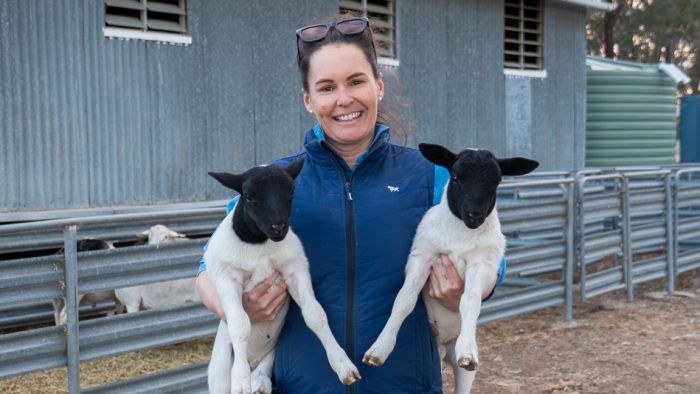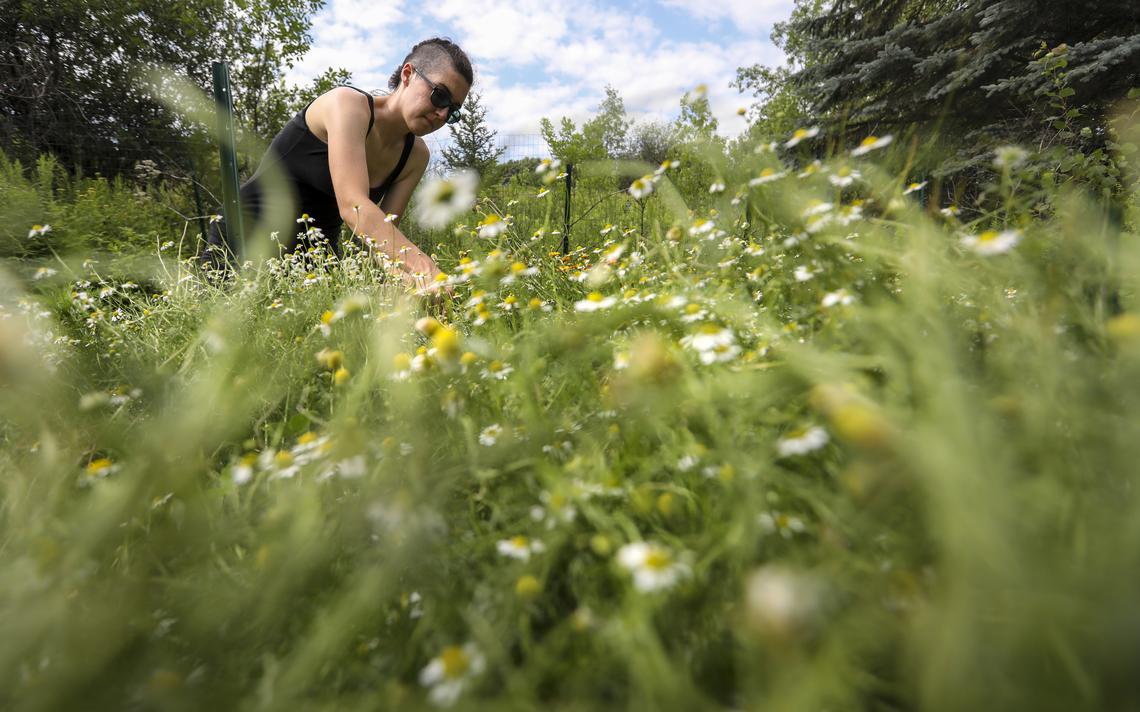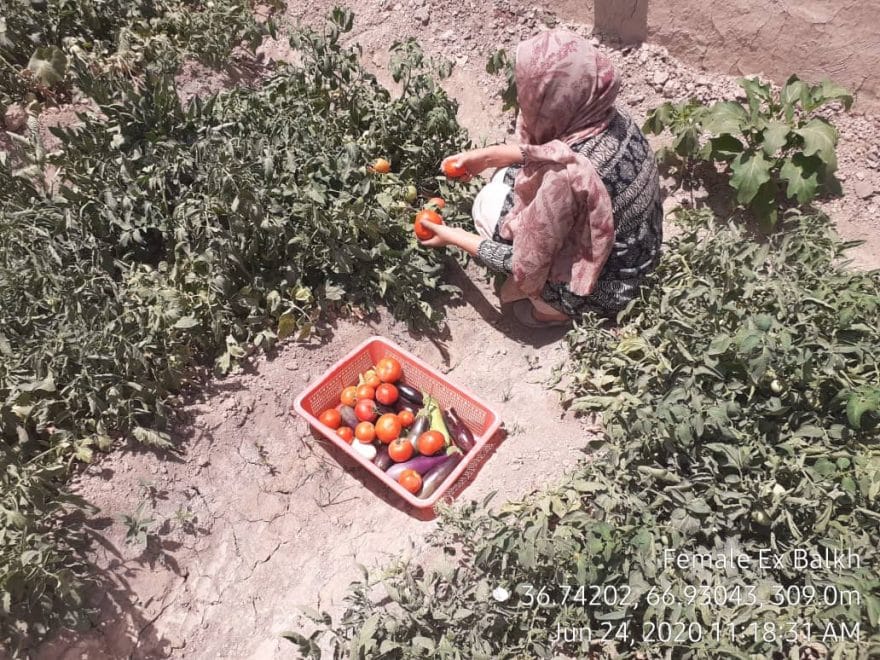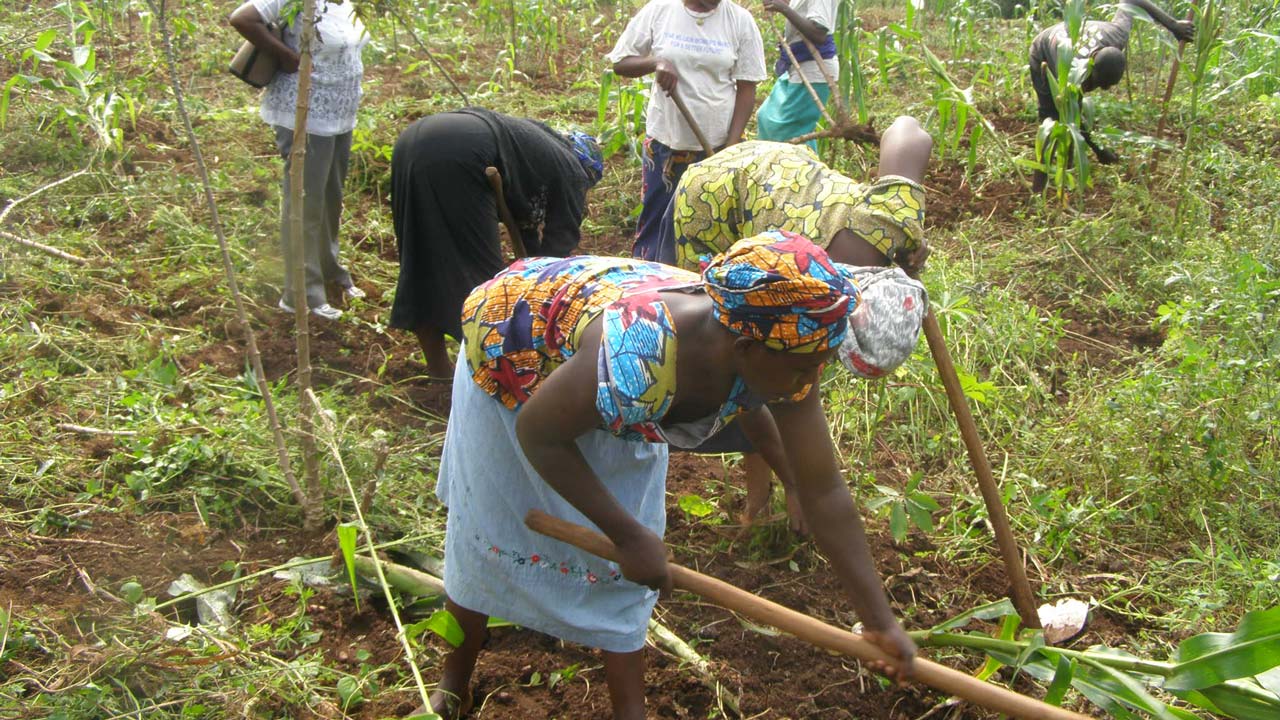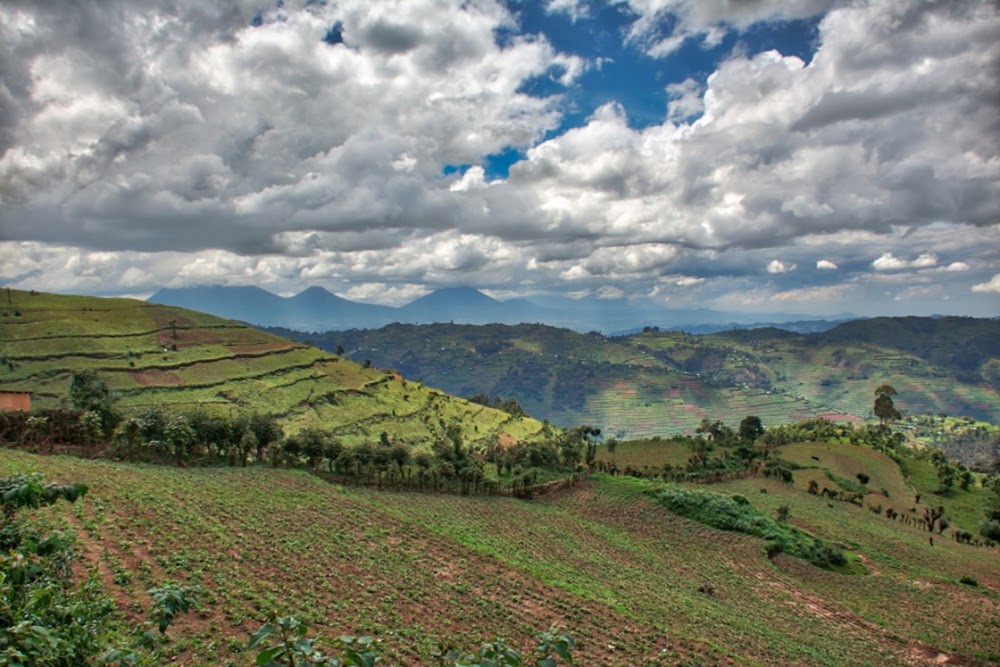 John LaRose Jr.
John LaRose Jr.
Topics: Precision AG , Young Farmers, Economics, Food/Nutrition, Sustainability, Ag Australia/NZ,
'Seismic' shift on the way as next-generation farmers take the reins
Young farmers say the next 10 years will see a major transfer of land ownership to a new, educated, and business-savvy generation focused on sustainable, organic opportunities.
-
(0)
-
Bookmark
- Comments (0)
09/03/2020 SOURCE: biomarketinsights.com
-
(0)
-
Bookmark
- Comments. (0)
09/03/2020 SOURCE: www.duluthnewstribune.com
Saltless Sea farm is about a half acre in a dense residential neighborhood below Lincoln Park Middle School. “This was almost entirely wasteland when I moved here,” Starr Brainard said.
Farming the Saltless Sea: Duluth woman launches urban farm in Lincoln Park | Duluth News Tribune
-
(0)
-
Bookmark
- Comments. (0)
09/03/2020 SOURCE: www.forbes.com
While lenders can’t tell farmers to adopt specific practices, they can develop lending programs and products to support farmers in transitioning to conservation practices that build resilience.
Climate Risk Threatens Agricultural Profitability, But Lenders Can Help
-
(0)
-
Bookmark
- Comments. (0)
09/03/2020 SOURCE: www.avapress.com
The provincial department for Agriculture and Livestock has said that 3,000 women are involved in agriculture in the northern Balkh province of Afghanistan.
Balkh: 3,000 women have been given jobs in agriculture - AVA
-
(0)
-
Bookmark
- Comments. (0)
 John LaRose Jr.
John LaRose Jr.
Topics: Water, Sustainability, Climate Change, Ag Africa, Regenerative Agriculture,
Nigerian farmers urged to utilise NiMet rainfall predictions in farming activities - Daily Post Nigeria
Farmers in Nigeria have been urged to properly utilise the annual seasonal rainfall predictions produced by the Nigeria Meteorology Agency (NiMet) to
-
(1)
-
Bookmark
- Comments (0)
 John LaRose Jr.
John LaRose Jr.
Topics: Organic, Food/Nutrition, Food Waste, Sustainability, Ag India, Ag Global Specialty Food, Regenerative Agriculture,
Mother-Daughter Make Organic Fertilizer Using Waste Tea Grounds
India: There is much more to tea than just taste and nostalgia. Packed with nutrients, it is being touted as a DIY organic fertilizer.
-
(0)
-
Bookmark
- Comments (0)
 John LaRose Jr.
John LaRose Jr.
Topics: Economics, Sustainability, Ag India, Ag Innovation, World Hunger, World Population, Regenerative Agriculture,
Bihar Entrepreneur Grows 50% of India's Makhana, Empowers 12,000
“The way we are going, in the next 2 to 3 years, we will successfully be able to contribute 70 to 75 per cent of the total makhana production in the world."
-
(0)
-
Bookmark
- Comments (0)
09/01/2020 SOURCE: www.abc.net.au
Feeling the pinch from COVID-19, Huon Aquaculture has raised millions of dollars after it issued new shares on the stock market as it grapples with rising debt levels — despite growing its revenue last financial year.
Huon Aquaculture's revenue grew, but the salmon grower still took a hit due to COVID-19
-
(0)
-
Bookmark
- Comments. (0)
 John LaRose Jr.
John LaRose Jr.
Topics: Crop Consultant, Sustainability, World Hunger, Ag Africa, World Population, Ag Podcast Global,
Families left ‘roaming like weeds’ in Uganda, forced to make way for commercial farming
Tension often arises on abandoned African land concessions, researchers say, with landless people settling in the areas, only to be moved out when new owners acquire the land
-
(0)
-
Bookmark
- Comments (0)


